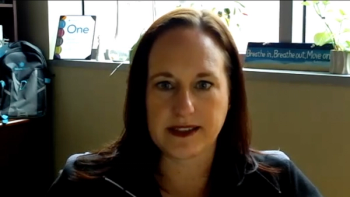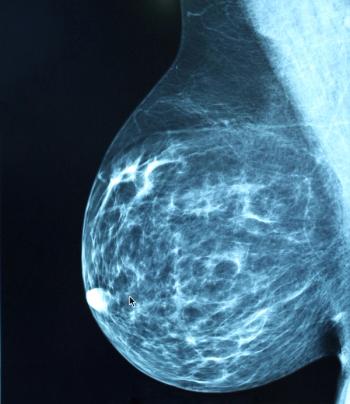
US Cancer Organizations Say Medicare Cuts Will Negatively Impact Cancer Patients
Four of the nation’s cancer organizations--including the COA and ASCO--believe that the sequestration cuts will impact the treatment of cancer patients on Medicare and have sent letters to Congress and the Department of Health and Human Services.
Four of the nation’s cancer organizations--the Community Oncology Alliance (COA), the American Society of Clinical Oncology (ASCO), the International Oncology Network, and the US Oncology Network believe that the sequestration cuts that began on April 1, 2013 will impact the treatment of cancer patients on Medicare. The organizations have sent letters to Congress and the Department Health and Human Services (HHS).
The sequestration cuts are a 2% reduction in Medicare healthcare provider payments. Approximately 50% of all cancer patients are covered for healthcare treatment by Medicare.
The cuts “will disproportionately reduce payments for critical cancer drugs,” said ASCO in a statement, calling for an elimination of the cuts. The sequester applies to both the payment for drugs covered under Medicare Part B and to the 6% services payment clinicians receive for administering drugs to patients. Because chemotherapy, injectable drugs, and other therapies need to be given by a clinician, these treatments, along with healthcare provider services, are covered as part of Medicare Part B.
Since the sequestration cuts went into effect April 1, cancer clinicians have had to turn away Medicare patients, citing the inability to provide high-cost drugs and chemotherapy and make ends meet for their practice. “Community cancer care providers are struggling to survive in this unsustainable environment,” said the COA in a statement. “Access problems will multiply and costs will increase for both seniors fighting cancer and Medicare. This will result in higher overall costs for both seniors and the Medicare program by forcing patients into costlier, institutional treatment settings.”
The COA is a 10-year old nonprofit organization focused on community cancer care, including patient advocacy and working with the government to provide solutions for these centers. The COA also believes that because patients will be evaluated at a community center but treated at a hospital, patient care and access will suffer.
The actuarial firm Millman conducted a study that estimating the sequestration cuts could end up costing Medicare at least $2 billion as a result of the shift to the more expensive, hospital-based healthcare setting.
Along with the 2% cuts, future Medicare cuts are part of the proposed budget cuts by the Obama Administration for the fiscal year 2014 announced on April 10, 2012. Congress will likely edit the budget proposal before a budget is passed.
The President’s proposal includes reducing the growth of federal health spending by $401 billion over 10 years with $306 billion in cuts from Medicare payments to healthcare providers. The proposal also includes $50 billion in add-on premiums for both healthcare services and prescription drugs to be paid by those Medicare recipients who are high-income over the next 10 years. The plan would make drug manufacturers subsidize the cost of expensive brand name drugs with rebates and discounts for low-income Medicare patients. According to the administration, this proposal aims to reduce the budget deficit by $123 billion over 10 years and will result in discounts for older patients for healthcare services and drugs.
The administration’s proposal seeks to reduce the 6% service payment down to 3% as part of the budget proposal.
“ASCO is deeply concerned about the proposed cut for drug reimbursements. If Congress were to enact the President’s proposed cut to the Part B drug formula, such a draconian measure could significantly impact patients’ access to cancer treatment at a particularly difficult and precarious time in their lives,” said ASCO president Sandra M. Swain, MD, in a statement.
Newsletter
Stay up to date on recent advances in the multidisciplinary approach to cancer.





































